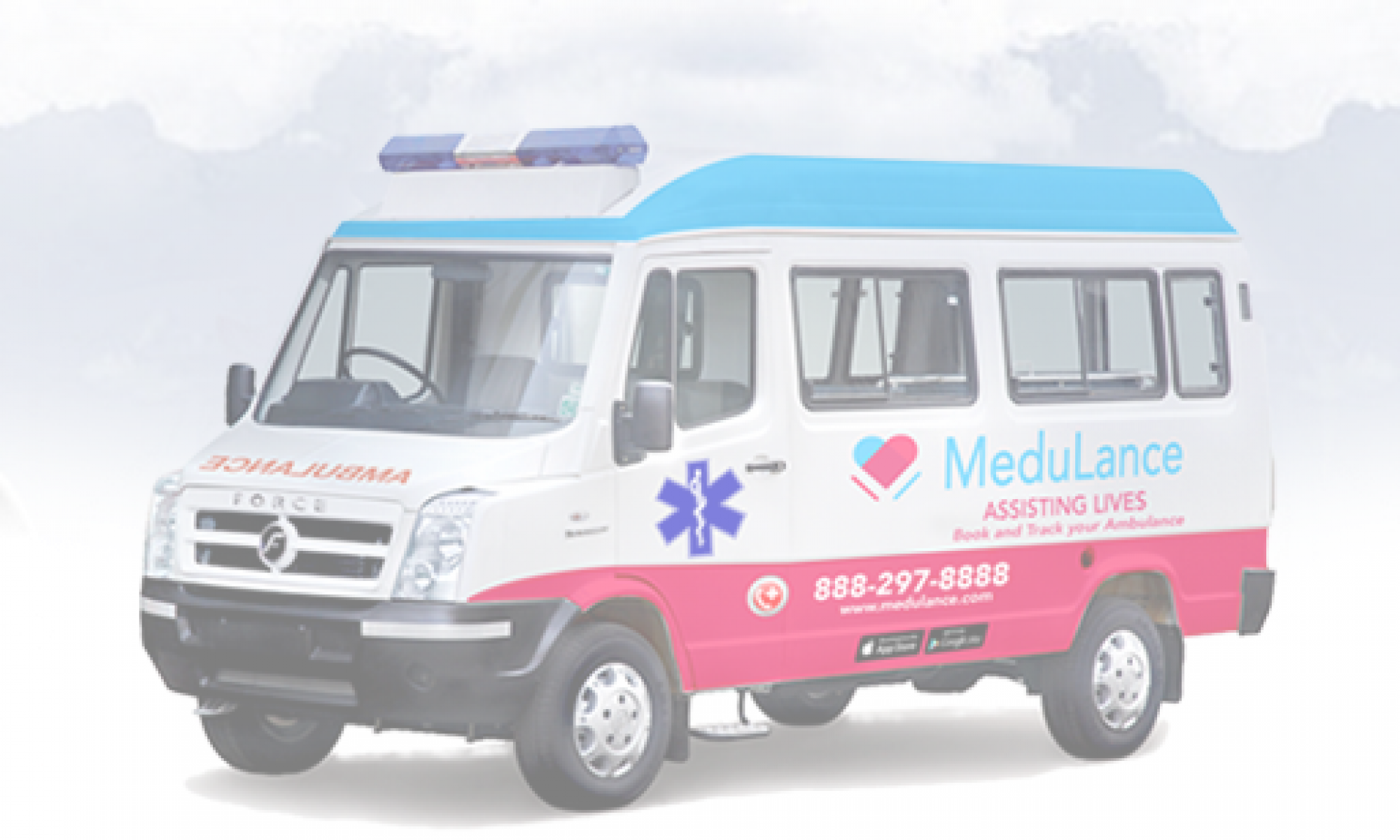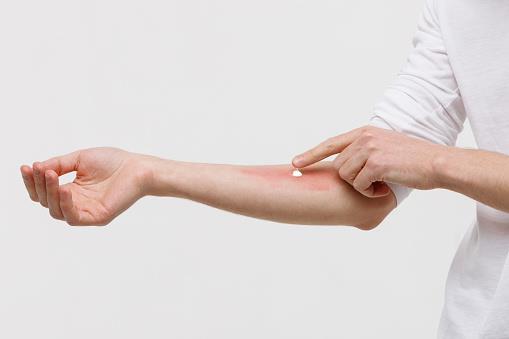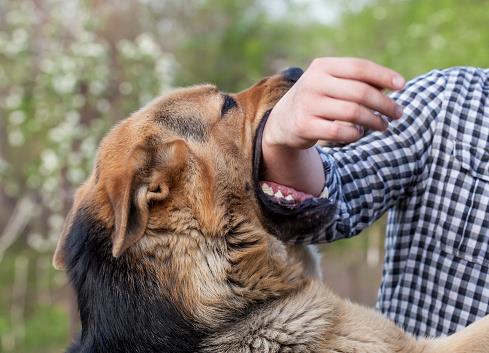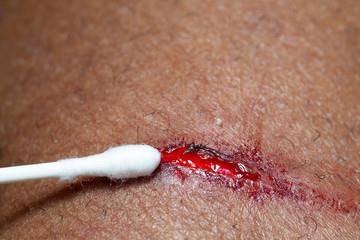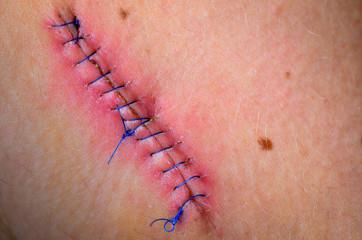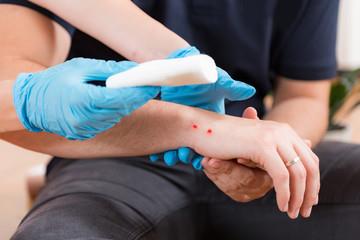Even seemingly minor animal bites can be dangerous. The threat of animal bites is posed not only by feral but also domesticated animals. It is imperative for everyone to have basic first aid knowledge in cases of animal bites. First Aid in the case of animal bites can prove to be imperative in preventing the situation from worsening.
All animals carry germs in their mouths, and these germs can enter your body through even the smallest bite mark. The risk of infection and disease is a top concern when dealing with an animal bite, and it is beneficial to learn as much as possible about the animal that bit you.
● If the animal is domestic, ask the owner of the pet is current with its vaccinations.
● If it is a wild animal, trapping it may be beneficial so that it can be tested for rabies and other illnesses.
Clean the Injury.
Because bacteria can enter the body through even the smallest wound, cleaning the wound promptly is essential.
Cleansing the Affected Area Washing the area with soap and water is beneficial, but using an antibacterial cleaning agent may be better. Ideally, this should be done as soon as possible to minimize the risk of infection after being bitten.
Seek Medical Attention If Necessary Many animal bites are relatively minor and would not require medical attention. However, there are a few instances when medical attention is needed. In some cases, getting medical treatment quickly is highly beneficial.
For example:
● Deep wounds or wounds that will not stop bleeding after pressure is applied may require stitches or sutures.
● If the animal that bit you is wild and there is a concern about rabies, medical treatment is a wise idea.
● If the animal that bit you is potentially poisonous, such as with a snake, you may also need immediate medical attention.
● Other Things to Consider With an Animal Bite
With your visible inspection of the wound, you may be able to learn more about the wound.
Some animal bites, for example, may result in a broken animal tooth getting embedded in your skin, and this may need to be removed by a medical professional.
In addition to teeth, other foreign objects may also get embedded in the wound, and you can typically see or feel these with your inspection.
If the wound is deep, a medical professional may need to look for these.
With deeper wounds, there is also a potential for nerve damage or blood vessel damage.
It may not be possible for you to diagnose these so that any deep wound may dictate the need for medical treatment.
● Watch the Wound As It Heals.
● Whether you have a minor or deep wound, pay attention to the wound as it heals to identify signs of infection.
● Some of the common signs of infection are warm skin around the wound, redness or streaking around the wound, fever, swelling, pain, and pus. These are all signs that the wound is potentially infected.
● A doctor can diagnose an infection for you and may prescribe an antibiotic or another treatment option for you.
Whether an animal bite appears to be minor or severe, it is important to take proper steps to care for the wound. Because even a small bite that appears to be superficial can lead to a major infection, it is best to take such incidents seriously and treat all animal bites with care.
Medulance is a user-friendly way to request and track ambulances close to you. Medulance, is India’s first, GPS-based technology platform for fast and reliable first point medical attention.
